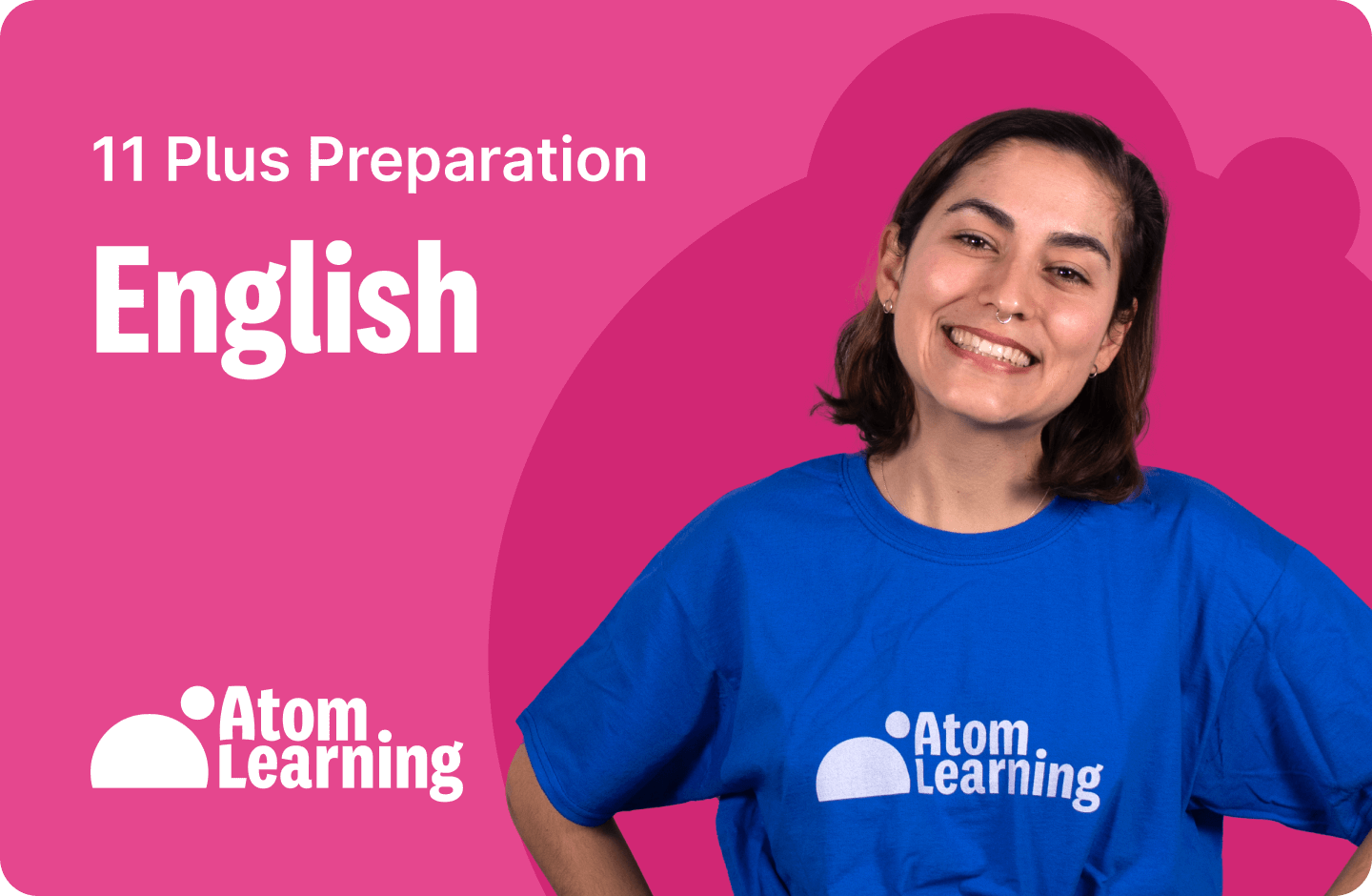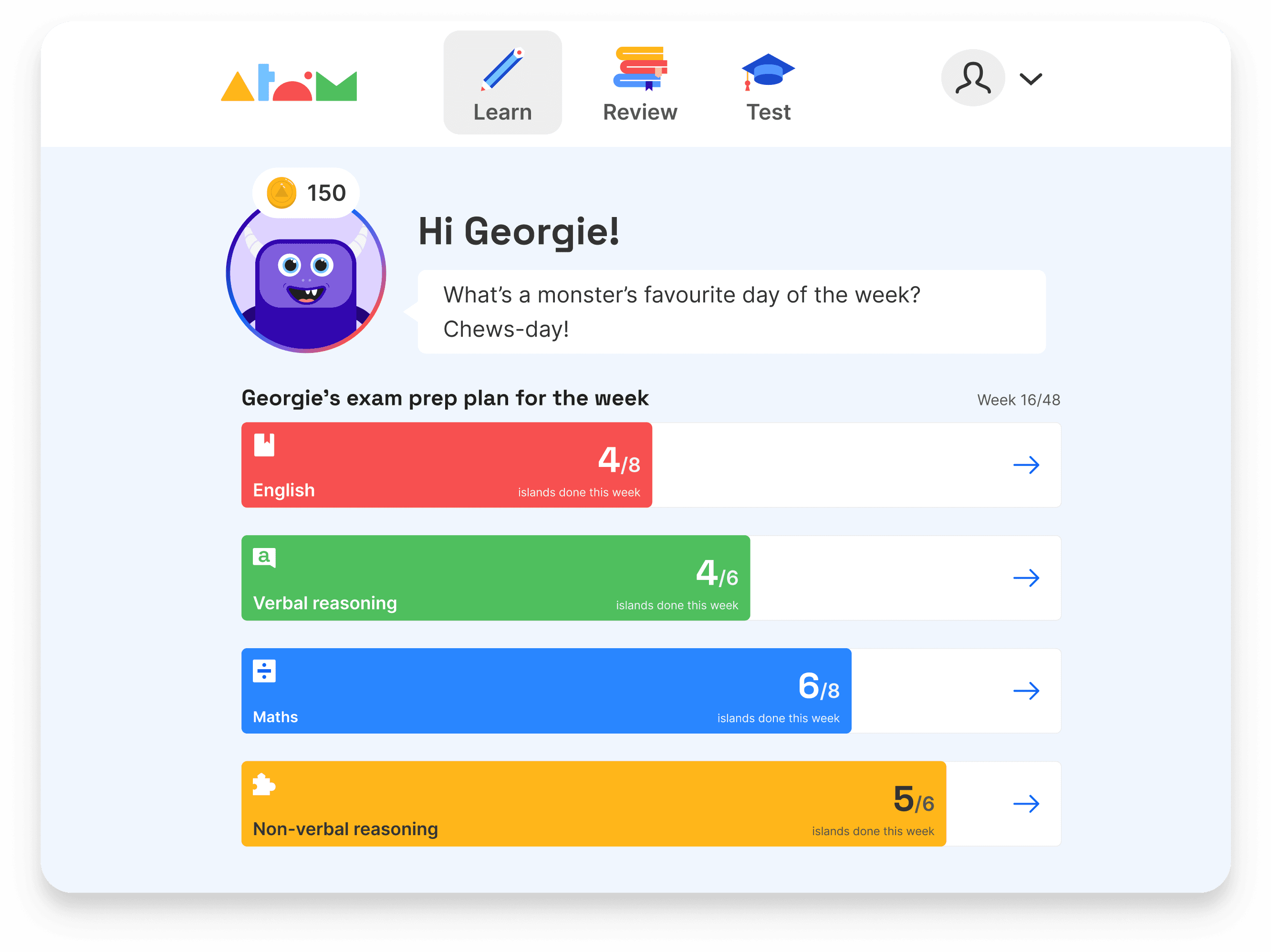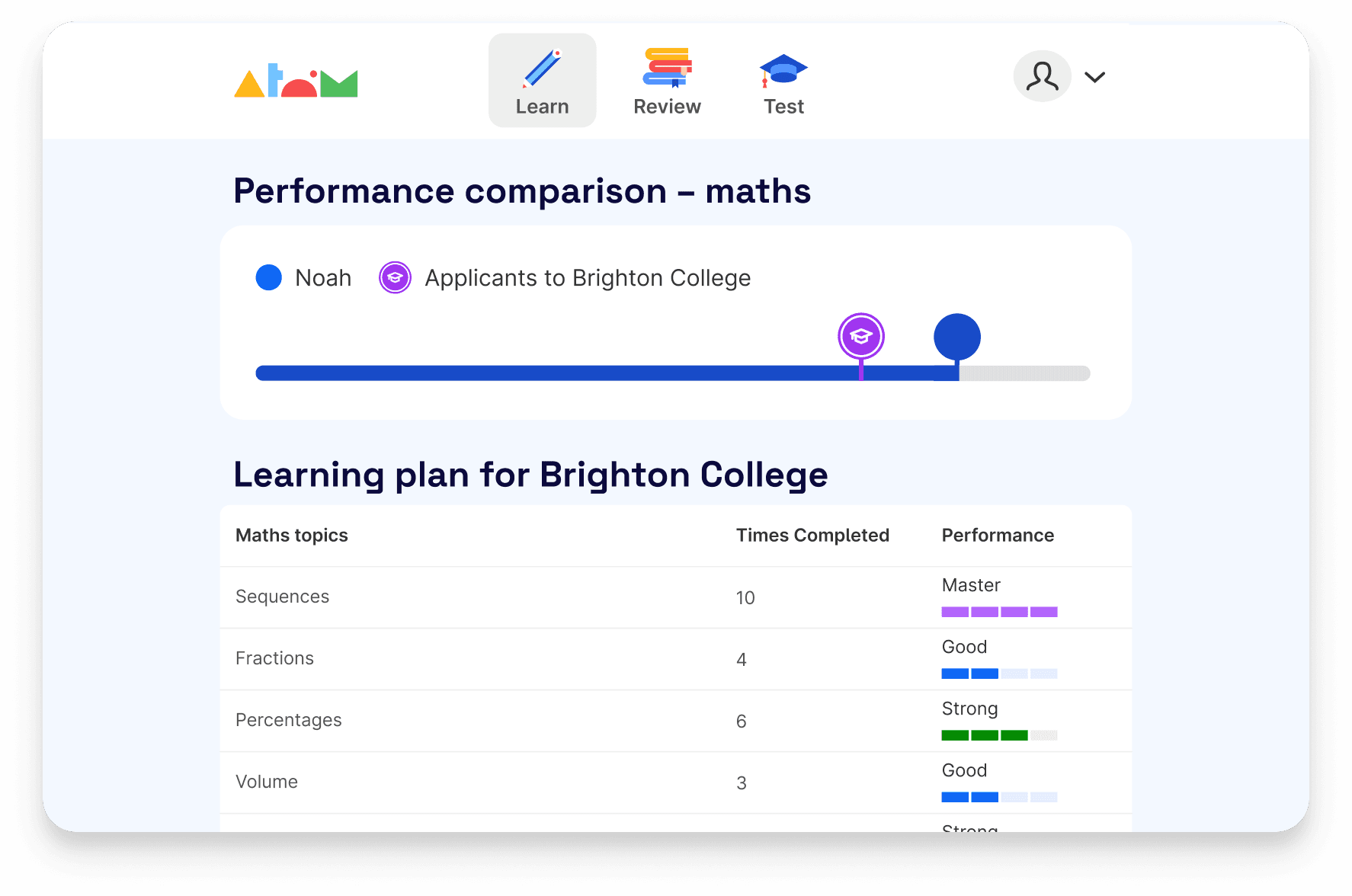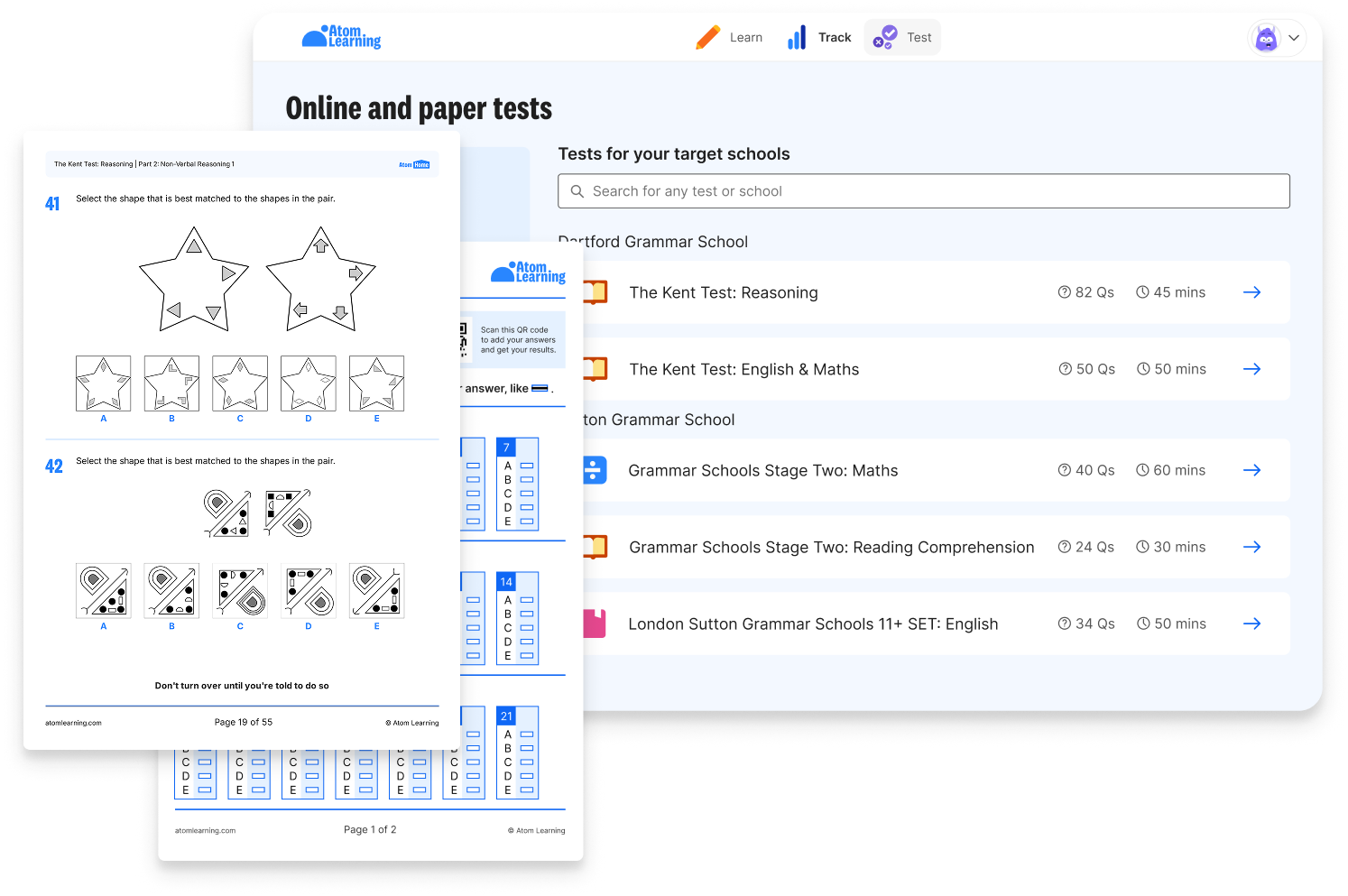How to help your child learn independently

Building independent learning skills can inspire a lifelong hunger for knowledge. In this article, we’ll share a simple strategy for developing your child's independent learning skills. Plus, get tips and activities to support their independence.
Why is independent learning important?
Independent learning is key to your child's academic growth because it:
- cements collaborative skills
- expands imagination
- develops resilience and persistence
- builds discipline by enhancing the skills they learn in the classroom
Children who learn independently are comfortable exploring new concepts and problem-solving. This can result in greater academic achievement and more self-confidence in their abilities.
What does an independent learner look like?
People who are independent learners are curious and have a drive to figure things out. Kids with well-honed independent learning skills naturally tend to:
- make informed choices on their own
- discover and select their own learning resources
- formulate their own problems, decide a course of action, and reflect on the process and outcome
- be motivated to tackle challenges and have the confidence to make decisions
If your child doesn't currently display these behaviours consistently, don't be disheartened. There are plenty of practical ways you can encourage independent learning.
The two-part formula for becoming an independent learner
Independent learning isn't a complete lack of guidance. Nor does it mean leaving your child to their own devices. It's all about equipping them with the tools and mindset to problem-solve.
The formula for independent learning is a balance between freedom and structure:
Creating a safe learning structure to provide support and guidance + allowing your child space and autonomy to self-motivate = independent learning.

1. How to create a safe learning structure
Building a growth mindset
Having a growth mindset is the foundation of a child's ability to learn independently.
- A fixed mindset is the belief that abilities can't be changed. With a fixed mindset, it's assumed that natural intelligence is the only way to success.
- A growth mindset is the belief that abilities are developed over time through hard work, strategies, and input from others.

Powerful praise
Studies have found that children's mindset is influenced by the type of praise they get.
- Personal praise that focuses on innate qualities or labels can promote a fixed mindset. This includes comments such as "you're clever" or "you're good at this subject".
- Process praise that focuses on effort and approach can encourage a growth mindset. For example, "you studied really well for this and your hard work paid off".
So, whether your child is doing homework or preparing for an exam, remember to celebrate the process. Try to avoid the temptation to over-focus on rewarding good results. Instead, praise their resilience in making mistakes and learning from them, attention to detail, and improvements they've made. Ask them to reflect on what they're proud of too.
Time for reflection
Reflection encourages curiosity. By building it into your child's learning routine, you will lay the groundwork for independent learning skills. While you're working together on exam prep or homework, try asking these questions:
- Is there a different way you could solve this problem?
- Was this the quickest way to solve the problem?
- How would you explain this to someone else?
- How would you convince me this is the correct answer or the best method?
Once your child becomes accustomed to this way of exploring their knowledge and understanding, encourage them to ask themselves these questions when working alone. Self-guided reflection will become a natural part of their problem-solving.
Get 11+ ready with Atom’s free course
Prepare for the 11+ with confidence. Atom’s free email course delivers expert video lessons and downloadable 11+ practice papers straight to your inbox — so your child can build key exam skills whenever it suits you.

2. How to inspire self-motivation
The second part of the formula is to give space and autonomy. Sometimes, taking a step back can mean your child will learn to take two steps forward on their own.
If you regularly help your child with their homework, they may get into the habit of letting you do their work for them. Over time, start doing your own thing nearby while your child is working. You're still there to offer guidance if they get completely stuck, but avoid offering too much help.
Giving your child this freedom will encourage them to explore, learn, and tackle problems on their own. When you let them take the lead, they will develop the motivation to accomplish things on their own. Every child is different. Have confidence that they will develop their own approach.
Mistakes matter
When a child tries to avoid making mistakes, they can over-depend on help from adults and may be afraid to try things on their own. Children who become confident dealing with mistakes build the confidence to learn independently.
Mistakes are also a vital part of the learning process. Becoming comfortable with making mistakes will support your child to become a person who thrives on challenges.
We've all felt the urge to hover over our child's shoulder while they're working and help them get the right answer, but try to resist this! If you spot they're about to make a mistake, let them make it. Afterwards, discuss their answer and how they arrived at it. Ask them:
- Does it make sense?
- Where might you have gone wrong?
- What would you do differently next time?
- What resources are available to help you find the answer?
Encourage your child to see the value in making mistakes – and model this in your own behaviour too. This doesn't just boost academic performance, but your child's overall enjoyment of learning.
A growth mindset is a gift for life. Your child will come to see mistakes and setbacks as an opportunity to learn and improve. They will be less likely to give up in the face of challenging circumstances compared to peers with fixed mindsets.
Autonomous activities
Beyond school, you can build small habits into family life to help your child become an independent learner.
- Give your child responsibilities around the house. This can be a small task they need to complete weekly as part of the household routine. Rather than giving them instructions, encourage them to approach it in their own way. Afterwards, have a debrief and ask them the reflection questions above.
- Kids like to feel part of what the grown-ups are doing, so ask their opinions on weekend activities or dinner options. This will help build their confidence to make decisions and talk through the decision-making process.
- At the weekend or during the holidays, set a fun challenge that requires them to work on their own within a time limit. For example, ask them to complete a puzzle or a scavenger hunt. This is also a great way to reinforce general time management skills that will serve them well in school and during exams.
Build independent learning skills with Atom

Atom Home is an online learning platform for ages 7–11. Over 75,000 families use Atom to prepare for school entrance exams and boost confidence in key subjects.
A clear learning plan
Preparing for entrance exams? Atom gives your child a clear weekly plan to pass the assessments for their target schools. No more guesswork, hunting down past papers or adding up marks yourself!
You'll have the space to step back from your child's learning. With Atom's weekly plans, you can be sure your child will know what to do each week to confidently pass.
A tailored experience
Your child’s learning plan grows with them. It adapts to make sure they thoroughly cover the whole exam curriculum, in good time for their exam.
Each week, your child’s activity list targets the exam topics they need to focus on. New topics are introduced, and old topics are recapped and built upon, at a pace to suit your child. When your child needs more practice in a topic, it appears on their activity list more often.
Choice and freedom
Atom is a flexible course that fits around your family life. Your child can learn whenever, wherever. Be involved as much or as little as you like. You don’t have to become an expert in non-verbal reasoning!
Short sessions on Atom, a few times a week, is all it takes. Clear, teacher-written explanations and videos support your child at every stage.
Enjoyable learning
Atom is crammed with fun features to make sure that learning isn’t a chore. It's a wholesome and productive way to get that screentime they crave. They won’t realise they’re revising!
Your child explores exciting worlds as they move from island to island, collecting knowledge and experience.The difficulty adapts to keep your child challenged and motivated as their knowledge grows.
Clarity and peace of mind
Clear progress tracking lets you see exactly where they are on their exam prep journey. Atom is the only exam prep programme that lets you compare your child’s scores with other children who are applying to the same school.

Take control of your child’s 11+ preparation.

Not sure if your child is on track for the grammar school 11+? You don’t need to guess what to cover or whether they’re ready. Atom shows you exactly what to practise each week and how they’re performing, so you can stay ahead of the process without the stress.
- Follow personalised weekly exam plans that show them what to learn next.
- Download replica 11+ practice papers and upload a photo for instant, stress-free marking.
- Track progress and see how they compare to others applying to the same schools.
Start your free trial and help your child feel fully prepared for the 11+.
